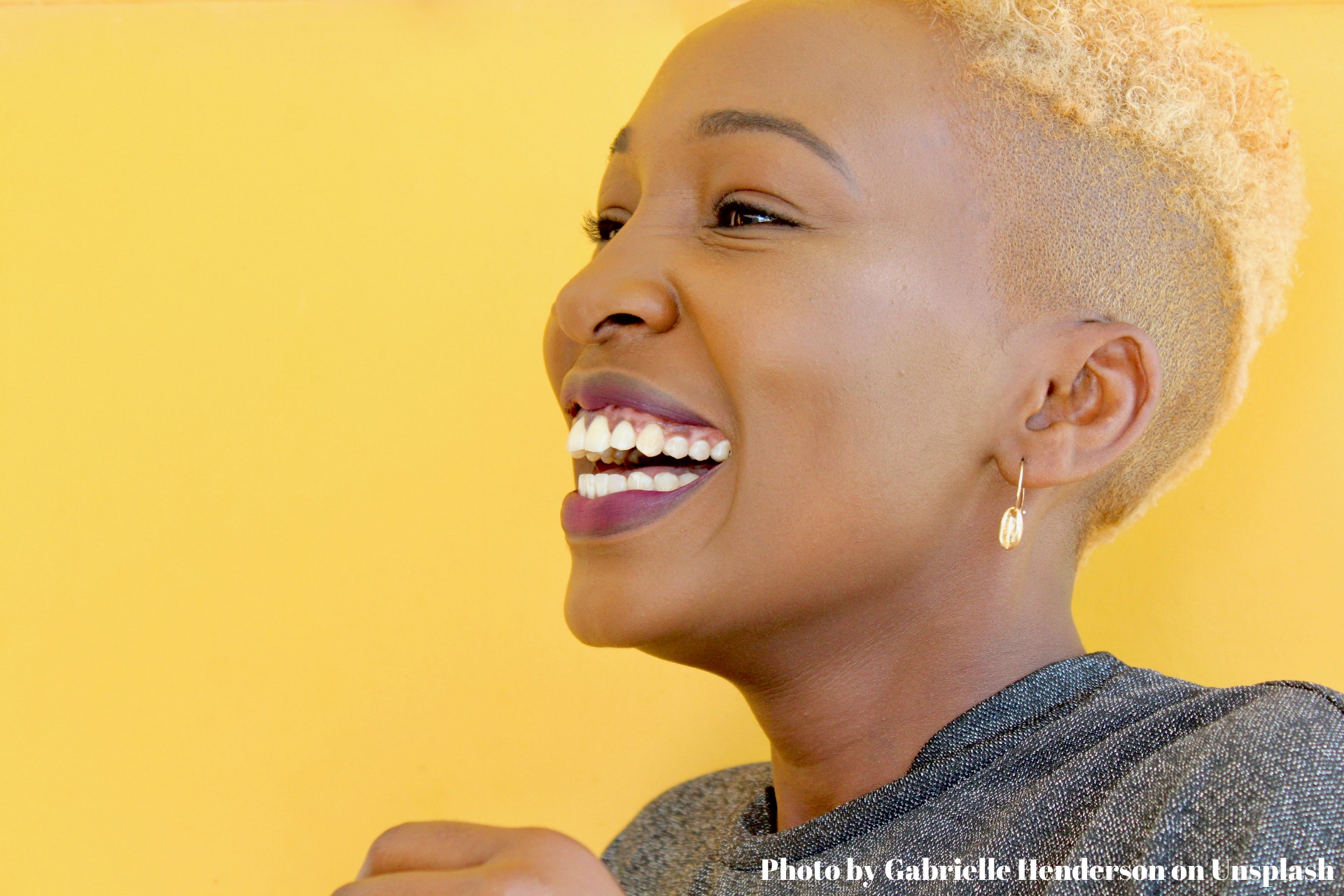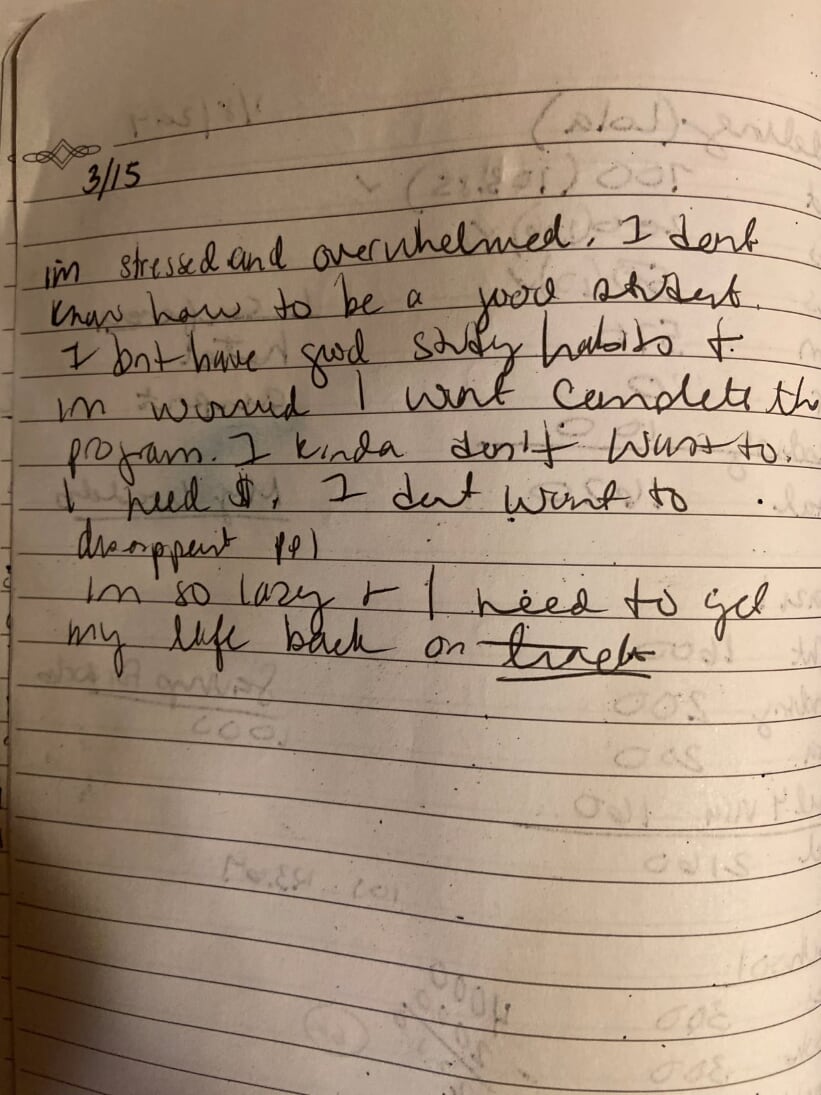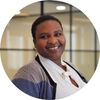Building confidence
The thing about lack of confidence, is that it’s easy for it to take hold when you don’t have great trust in who you are or much insight into who you are.

Hi Everyone,
“I’m stressed and overwhelmed. I don’t know how to be a good student. I don’t have great study habits & I’m worried I won’t complete the program. I kinda don’t want to. I need $. I don’t want to disappoint ppl. I’m so lazy & I need to get my life back on track.”

I wrote that statement in my journal on March 15, 2014. I was in the second semester of my PhD program and beginning to lack confidence in my skills. Everywhere I turned people questioned why I was in a PhD program and how I got into the PhD program. I entered the program fully confident that I would graduate, but eventually those comments and microaggressions tugged on quiet insecurities that already existed within me.
I spent the next five years learning how to undo the lack of confidence and impostor syndrome that took over my life. I ruminated over how I could do better. I took people’s comments as facts. I didn’t value myself. I forgot my self-worth. I spent a lot of time keeping things to myself. I did not express how I was feeling to anyone. I went through my confusion and sadness alone. It wasn’t until I started confiding my feelings to friends, classmates, and family, that I realized that I was not alone. Many of my classmates had similar feelings, many were also stuck in the power dynamics and politics of academic life. It was then I started to plan how I was going to finish the program.
I pinpoint January 2016 as when I started to dig myself out of the hole. It was a big hole and it took me years to see the light again. But when I emerged from the hole, I started to little by little believe in myself again. I isolated myself for a little bit (which I don’t recommend), but it was in that isolation, I found solitude. And in that solitude is when I became to learn who I was.
The thing I realized about lack of confidence is that it’s easy for it to take hold when you don’t have great trust in who you are or much insight into who you are. In my case, I was just floating through life without a vision or purpose. It wasn’t until I started to think deeply about my legacy, values, and purpose that things started to improve. I stopped doing things just to do them. I started to do things that aligned with my values. I stopped trying to fit into the mold that academia wanted for me.
I started to do things that I enjoyed such as organizing panels, doing research I understood, attending workshops, mentoring students, and growing in my existing talents. Outside of school, I started meeting with my peer-to-peer mentoring group again, hosting craft nights with classmates, spending more time with women and BIPOC groups (Black Indigenous People of Color), traveling, and writing newsletters again. I realized that wins outside of school, boosted my confidence inside of school. I leaned heavily on my friends and family for social support.
Most of all, I started marching to my own beat. Doing what I wanted to do and doing it well. I saw my value and I saw how the things I was doing were valuable.
It wasn’t pretty all the time. I fell flat on my face many times while trying to dig myself out of the lack of confidence hole. But while I was doing it, I was learning, and I was growing. I was becoming more resilient and tenacious as the days, months, and years went by.
When I felt like a complete loser or failure in school because of comments people made, I took that energy and channeled it to outside of school. It seemed like outside of school was a place where I could do well. Bringing value to people’s lives outside of school, resulted in confidence that began to trickle inside of school.
I wanted to quit many times. I almost quit even up until the last month of school, but I pulled through. I finally finished my PhD program in August. I finished a little banged up, but a lot stronger and resilient. I had a toolbox and toolkit for how to make it through tough times. I survived. I survived and looking back I realize that I didn’t have to do it all alone for so long.
I’ve had some people reach out to me and ask how I was able to move past impostor syndrome and gain confidence. It’s something I am thinking about, and I hope the above gives some insight into my journey. Hopefully, as I think about this more, I can give concrete steps, but in the meantime, below are some resources, tools, and habits that helped me.
Have a Happy New Year. May 2020 and beyond bring you increased confidence.
***Lisa-Marie
Courage to begin. Strength to continue. Resolve to finish | Unknown
Resources that Helped Me
Books
Pleasure Activism by adrienne maree brown
The Artist Way by Julia Cameron
You are Here by Thich Nhat Hanh
No Mud, No Lotus by Thich Nhat Hanh
All about Love by bell hooks
Mindfulness for Beginners by Jon Kabot-Zinn
Collaborative Intelligence by Dawn Markova & Angie McArthur
The Game of You by Lynn Newman
The Muse in You by Lynn Newman
Deep Work by Cal Newport
Anam Cara by John O’Donohue
Seat of the Soul by Gary Zukav
Tools and Habits
Therapy
Journaling
Meditating
Walks
Talking to people I trust
Having friends call out talking down about myself
Repeating mantras/affirmations
Doing guided meditations
Every time I catch myself saying something bad about myself, I reverse it into a lesson learned or how it was positive
I don’t ruminate on bad memories; I focus on the good memories
Speaking up against people who break my boundaries
Leadership
Public speaking
Leading small groups
Coming up with ideas and executing them

